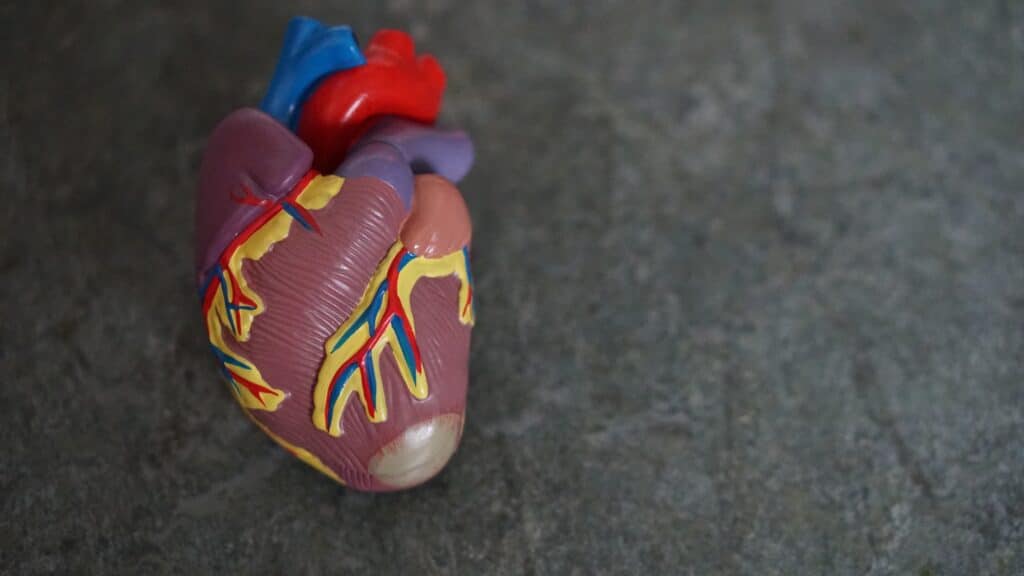Opioids have a variety of side effects, including the potential for addiction. They can help patients with severe pain when taken as directed, but they also have risks to consider. Recent research suggests that opioids and the heart have a connection. These medications could affect your cardiovascular health, especially if you have an existing condition. Discover the link between opioids and heart disease and how to manage the risks.
How Do Opioids Impact Your Heart’s Health?
Depending on your situation and health conditions, opioids can have the following effects on your heart:
- Slow heart rate (bradycardia): Taking opioids can cause your heart rate to slow down in a symptom called bradycardia. Opioids slow down the sinus node responsible for regulating the heart’s electrical signals. Bradycardia usually doesn’t cause symptoms, but it can make exercise more difficult.
- Fast and irregular heart rhythm (atrial fibrillation): Opioid medications can also disrupt the electrical signals in the atria, your heart’s upper cardiac chambers. This disruption results in a rapid and irregular heart rhythm known as atrial fibrillation. Atrial fibrillation raises a person’s risk of heart attack and stroke.
- Dilated blood vessels (vasodilation): Some people who take opioids experience vasodilation, the widening of the blood vessels. Vasodilation can cause low blood pressure. Severely low blood pressure can deprive your heart and brain of the oxygen they need to function.
- Heart infection (infectious endocarditis): People who misuse injected opioids like heroin have an increased risk of infectious endocarditis. This heart infection involves vegetations that consist of bacteria, platelets and protein that can block blood vessels.
An opioid medication can also reduce your heart muscle’s function when you take it with a benzodiazepine. This category of drugs includes medications like Valium® that treat anxiety, seizures and insomnia. Remember to tell your doctor about all of the medicines you take before receiving an opioid prescription.
Do Opioids Hurt Your Heart Over Time?
Research suggests that taking opioids for an extended time could take a toll on the heart. A study by the Vanderbilt Department of Health Policy examined the effects of long-acting opioids on patients taking them for pain. Compared to patients who took non-opioid painkillers, patients who took opioid medications had a 65 percent higher chance of cardiovascular death. The researchers theorized that opioids’ effect on nighttime breathing had an impact on their heart health.
What Short-Term Effects Do Opioids Have on the Heart?
The symptoms related to opioid misuse, withdrawal and overdose have immediate effects on the heart. During withdrawal, some patients have a higher heart rate and blood pressure. They can also have an increase in adrenaline that could make the heart unstable. Opioid overdose can result in the heart stopping altogether because it depresses the central nervous system.
Get Help From MedMark Treatment Centers’ Opioid Recovery Clinics
If you have an addiction to opioids, you could experience these heart issues and other dangerous symptoms. The compassionate staff at MedMark Treatment Centers can help you recover from opioid use disorder in a safe, welcoming environment. Begin treatment today by contacting a MedMark clinic near you.




